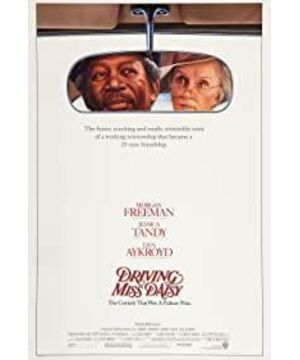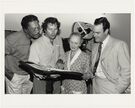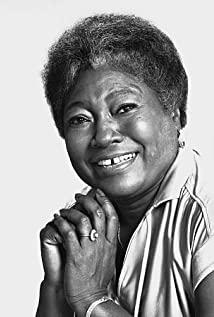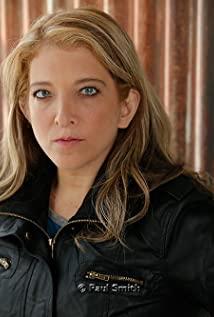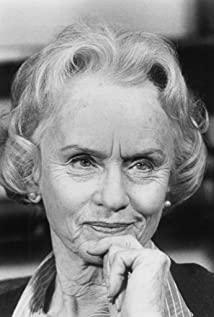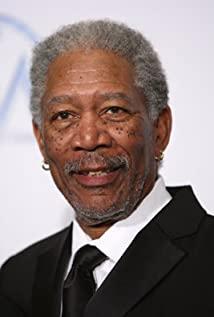Perhaps today, when the legendary blockbuster is rampant in the film industry, revisiting the film "Driving for Miss Daisy" will bring us a different feeling. In this film, which uses an ordinary little story as the object to be told, the sincere communication between people is like a gorgeous sunshine, covering every corner of the screen. However, the sincere friendship cultivated in the continuous communication is like a cup of freshly brewed green tea, which will emit a lasting fragrance with the precipitation of time.
The original "Driving for Miss Daisy," a 52-year-old American playwright and drama teacher, came out with ill fortune. The three characters span a full 25 years in 80 minutes. The reviews for the Broadway performance in April 1987 were friendly but polite. However, it later won a Pulitzer Prize for its screenwriter Alfred Urey, toured the United States for 60 weeks, and performed in London, Moscow, India and South Africa. Yuri had thought the play would die "up to 5 weeks on Broadway". What's so special about this simple drama that has captivated critics and awed audiences across the United States? Yuri himself is puzzled. Still, in December 1989 at Brown University in Providence, Rhode Island, he said to an ecstatic audience: "I've known for a long time that I'm dealing with a truth that I really feel -- if You can understand, it's flashing on stage."
The truth Yuri grasped was a sense of human dignity and the need for communication, and he specifically described a life in the South that he remembered. The audience's first encounter with Daisy is a well-bred 72-year-old woman in Atlanta, based on Yuri's grandmother and several aunts. Her chauffeur, Hawke Colborn, was a complete shadow of Will Coleman, the driver who had followed Yuri's grandmother for many years.
As he himself summed up on the title page of the playbook published as "Driving for Miss Daisy": "I have only one answer, I only write what I know, and people have admitted it to be true."
and Bell Like Swift's 1982 "Tenderness", the film is one of the most unsophisticated films, with no surprises, no dramatic turning points, and no grand and sad scenes. But just like "Tenderness", "Driving for Miss Daisy" has extraordinary appeal. This is because, although the film is unpretentious and the transition between paragraphs is quite gentle, it gives an unexpected and very magical blow at the end. It is a textbook showing that even with the most commonplace hyperbole, the superficial can turn into the deep. It also shows that with a sincere, humane, well-conceived script, a skilled and understanding cast, and a director who is nuanced, passionate, and has a first-class eye to fully embody any detail, A film with insufficient plot can be greatly enriched by convincingly charming and plump characters.
"Driving for Miss Daisy" is a true "little" story, and although this "little" story is often ruthlessly engulfed by the big screen, its power ultimately proves that it fills the screen all the time. In an era of war movies and big-box movies with plots not reliant on superheroes and stunt-heavy stunts, we can comfortably say that what has long been satisfying is a calm, unpretentious narrative about people and their interactions. Story, a film about life's short but glorious moments.
View more about Driving Miss Daisy reviews


